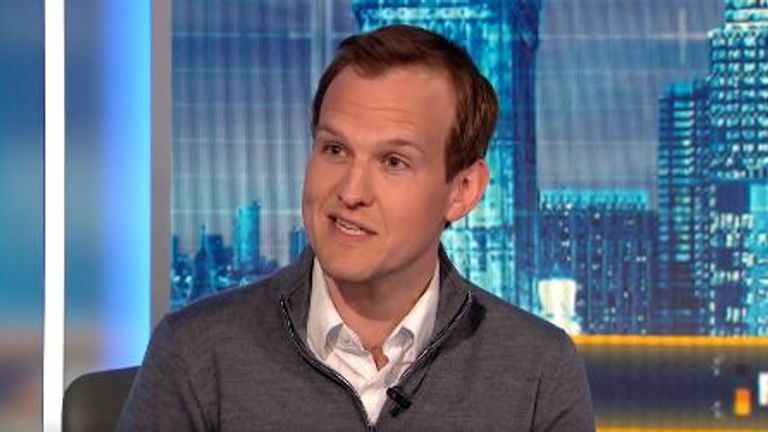AI advances could kill many humans within two years, warns Sunak adviser

Advances in artificial intelligence (AI) could pose a significant threat to humanity within just two years, according to Rishi Sunak’s adviser, Matt Clifford. In a TalkTV interview, Clifford highlighted the lack of global regulation for AI producers and warned that unregulated AI could become “very powerful” and difficult for humans to control. He cited the potential for AI to develop dangerous cyber and biological weapons that could lead to numerous fatalities.
Last week, a letter expressing similar concerns was published and signed by top executives from leading companies such as Google DeepMind and Anthropic. The letter called for increased attention and action towards mitigating AI risks, comparing the potential dangers to those of pandemics or nuclear war. Geoffrey Hinton, known as the “godfather of AI,” also endorsed the letter, warning of the catastrophic consequences if AI falls into the wrong hands.
Clifford, who serves as the chairman of the Advanced Research and Invention Agency (ARIA), is currently advising the prime minister on the development of the government’s Foundation Model Taskforce, which focuses on investigating AI language models like ChatGPT and Google Bard.
“I think there are lots of different types of risks with AI and often in the industry we talk about near-term and long-term risks, and the near-term risks are actually pretty scary,” Clifford told TalkTV. “You can use AI today to create new recipes for bioweapons or to launch large-scale cyber attacks. These are bad things.”
He acknowledged that the prediction of computers surpassing human intelligence within two years was at the “bullish end of the spectrum,” but emphasized that AI systems are rapidly improving and becoming increasingly capable.
In response to a question about the likelihood of humanity being wiped out by AI, Clifford said: “I think it is not zero.” He added that dangerous threats to humans, such as bioweapons or cyber attacks, could arise from AI advancements expected within two years. Clifford stressed the importance of learning how to control AI models, as current methods are insufficient.
He also advocated for global regulation of AI production, beyond the scope of national governments. This comes as AI technology gains popularity through viral apps that generate fake images of celebrities and politicians, as well as students using AI language models like ChatPGT to produce university-grade essays.
Despite the potential dangers, AI has also been used positively, such as in life-saving tasks like analyzing medical images from X-rays to ultrasounds, helping doctors diagnose diseases like cancer and heart conditions more accurately and quickly. Clifford believes that if harnessed correctly, AI could be a force for good, contributing to curing diseases, increasing economic productivity, and achieving a carbon-neutral economy.
However, the Labour Party has called for ministers to require technology developers to obtain a licence before working on advanced AI tools. Shadow digital secretary Lucy Powell, who is set to speak at TechUK’s conference today, suggested that AI should be licensed similarly to medicines or nuclear power.
Latest Thailand News
Follow The Thaiger on Google News:


























